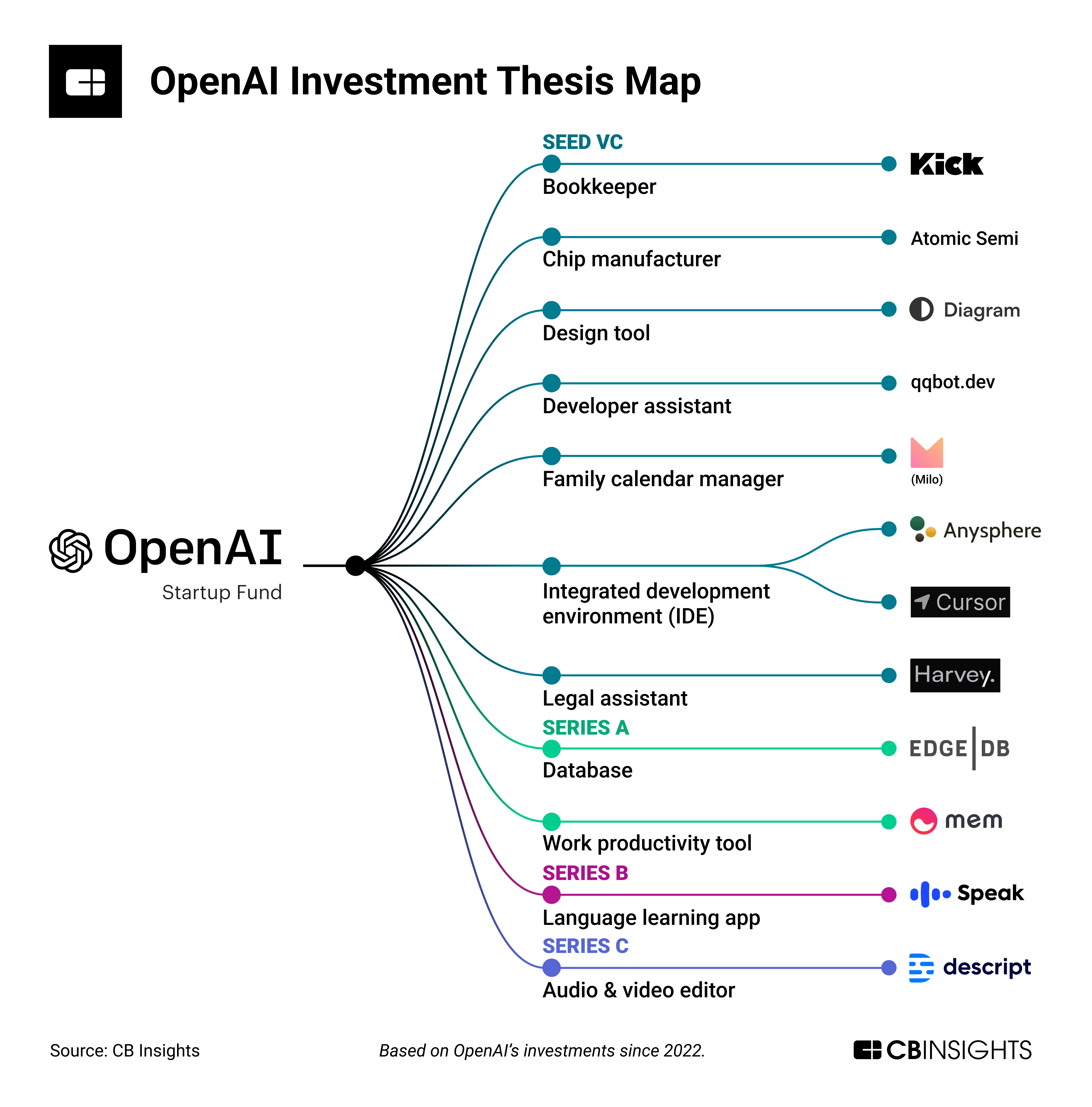Canadian Auto Industry Responds To US Trade War With Five-Point Action Plan

Table of Contents
The escalating US trade war has significantly impacted the Canadian auto industry, forcing manufacturers and related businesses to devise strategic countermeasures. This article outlines a five-point action plan adopted by the Canadian auto sector to navigate this challenging economic climate and protect its vital role in the Canadian economy. We'll examine the key initiatives designed to mitigate the negative effects of the trade dispute and ensure the continued success of the Canadian automotive sector. The survival and prosperity of the Canadian auto industry are crucial, not only for its direct employees but also for the broader Canadian economy.
<h2>Strengthening NAFTA Negotiations and Bilateral Trade Agreements</h2>
The renegotiation of NAFTA (now USMCA) was a critical first step in addressing the challenges posed by the US trade war. The Canadian auto industry focused its efforts on securing favorable terms within the agreement, aiming to minimize disruptions to established supply chains and protect Canadian auto manufacturers from unfair trade practices. Beyond USMCA, diversifying export markets is essential. This involves exploring and strengthening bilateral trade agreements with other countries to reduce reliance on the US market.
- Lobbying efforts: Intense lobbying efforts focused on securing favorable tariff rates and regulatory frameworks within USMCA and other trade deals. This includes advocating for rules of origin that benefit Canadian manufacturers.
- Diplomatic initiatives: Increased investment in diplomatic initiatives to improve trade relations with key global partners, opening doors to new export opportunities.
- Alternative supply chains: Significant investment is being made in securing alternative supply chains to reduce the vulnerability of the Canadian auto industry to future disruptions from the US or other sources.
<h2>Investing in Innovation and Technological Advancement</h2>
To enhance competitiveness in the face of global challenges, the Canadian auto industry is heavily investing in innovation and technological advancement. This strategic focus encompasses research and development in electric vehicles (EVs), autonomous driving technologies, and other cutting-edge automotive technologies.
- Government incentives: Government incentives are crucial in supporting R&D in the automotive sector, encouraging innovation and attracting foreign investment.
- University collaborations: Collaboration between universities, research institutions, and auto manufacturers is fostering a culture of innovation and generating cutting-edge advancements.
- Skilled workforce: Developing a skilled workforce capable of supporting these technological advancements is paramount. Investment in education and training programs is crucial.
<h2>Promoting Domestic Content and Supply Chain Resilience</h2>
Building a more resilient and robust domestic supply chain is a critical aspect of the Canadian auto industry's response to the trade war. This involves encouraging the use of Canadian-made parts and materials in vehicle production.
- Government procurement: Government procurement policies are being adjusted to favor Canadian suppliers, boosting the domestic automotive parts industry.
- Domestic investment incentives: Incentives are being offered to encourage domestic investment in automotive parts manufacturing, strengthening the Canadian supply chain.
- Supply diversification: Strategies are being implemented to diversify supply sources beyond the US, reducing reliance on a single market.
<h2>Advocating for Fair Trade Practices and Dispute Resolution</h2>
The Canadian auto industry is actively challenging unfair trade practices imposed by the US government through various channels. This includes utilizing international trade dispute resolution mechanisms to protect Canadian interests and ensure fair competition.
- International organizations: Working with international organizations to address trade imbalances and advocate for fair trade practices is a key component.
- Legal challenges: The industry is actively engaging in legal challenges to tariffs and trade restrictions imposed by the US, seeking redress through established legal avenues.
- Public awareness: Public awareness campaigns are raising awareness of the negative impacts of the trade war on the Canadian economy and the Canadian auto industry.
<h2>Supporting Workers and Communities Affected by the Trade War</h2>
The Canadian government and the auto industry are committed to supporting workers and communities impacted by the trade war. This includes providing retraining and job placement services for displaced workers and investing in community development programs to mitigate economic hardship.
- Government programs: Government programs are offering financial assistance and job training initiatives to support affected workers.
- Industry-labor collaboration: Collaboration between industry, government, and labor unions is crucial for providing support and ensuring a smooth transition for affected workers.
- Attracting new investment: Efforts are underway to attract new investments to create jobs in communities affected by the trade war, fostering economic recovery.
<h2>Conclusion</h2>
The Canadian auto industry's five-point action plan represents a proactive and comprehensive approach to navigating the challenges of the US trade war. By focusing on negotiation, innovation, domestic content, fair trade practices, and worker support, the industry aims to mitigate the negative impacts and secure its future. The success of this plan hinges on continued collaboration between government, industry, and labor. Understanding the intricacies of this Canadian Auto Industry response to the US Trade War is crucial for all stakeholders. Let's work together to support the continued growth and success of the Canadian automotive sector. Learn more about the detailed strategies employed by the Canadian Auto Industry in tackling the US Trade War and how you can contribute to its resilience.

Featured Posts
-
 Minnesota Ag Preemptively Challenges Trumps Transgender Sports Ban
Apr 24, 2025
Minnesota Ag Preemptively Challenges Trumps Transgender Sports Ban
Apr 24, 2025 -
 Building Voice Assistants Made Easy Open Ais New Tools
Apr 24, 2025
Building Voice Assistants Made Easy Open Ais New Tools
Apr 24, 2025 -
 Navigate The Private Credit Boom 5 Key Dos And Don Ts
Apr 24, 2025
Navigate The Private Credit Boom 5 Key Dos And Don Ts
Apr 24, 2025 -
 Understanding The Bitcoin Btc Increase Trumps Role And Market Reaction
Apr 24, 2025
Understanding The Bitcoin Btc Increase Trumps Role And Market Reaction
Apr 24, 2025 -
 Wednesday April 16 Bold And The Beautiful Recap Hopes Concerns And Bridgets Uncovering
Apr 24, 2025
Wednesday April 16 Bold And The Beautiful Recap Hopes Concerns And Bridgets Uncovering
Apr 24, 2025
